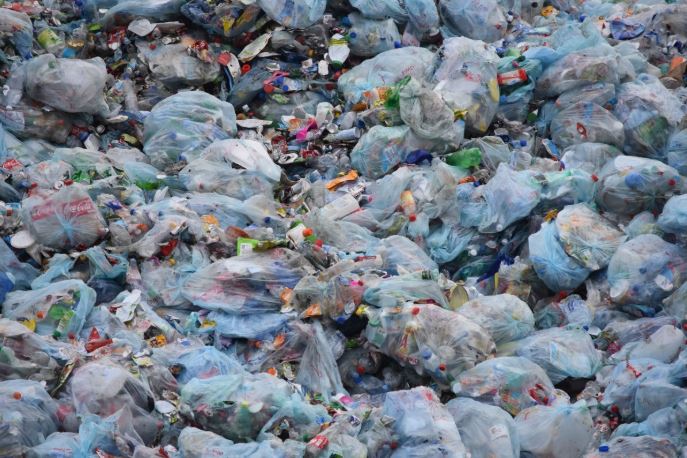The environmental tax on the incineration of industrial waste in Flanders will rise from €13.38 to €25 per tonne, according to an announcement from Flemish Minister for the Environment Zuhal Demir.
Demir wants to encourage Flemish companies to reduce waste by nearly doubling the tax.
“The incineration of waste involves a great deal of energy consumption and CO2 emissions and must be reduced more quickly if we are to retain our European position as a forerunner in the circular economy,” she said in a statement.
The new tax is on par with what’s paid in the Netherlands, and is expected to generate an additional €17 million in tax revenue.
There will be no increase in taxes for the incineration of household waste, as the measure only applies to industrial waste.
Demir introduced the measure at the presentation of the budget in the Flemish Parliament, explaining that it falls in line with the policy of “the polluter pays.”
Around 79 percent of Flemish industrial waste is currently reused, recycled or composted. While Demir said these figures are positive, she stressed that more can be done.
“There is still a lot of recyclable waste in business residual waste,” she said.
At the end of August, Demir announced that garbage collectors would begin inspecting waste from companies in order to ensure they’re recycling as much as possible, and levying fines on those who toss recyclables in with normal rubbish.
Sorting analyses carried out by the Public Waste Agency of Flanders (OVAM) showed that an average of 44 percent of industrial waste in sales containers and 29 percent of industrial waste in roll-off containers could still be collected selectively.
“In the waste sector, CO2 emissions have fallen by 24 percent over the past 15 years,” Demir said.
“We want to continue this momentum to realise our climate ambitions by encouraging companies to sort better, to produce less residual waste and thus to cause fewer emissions.”

